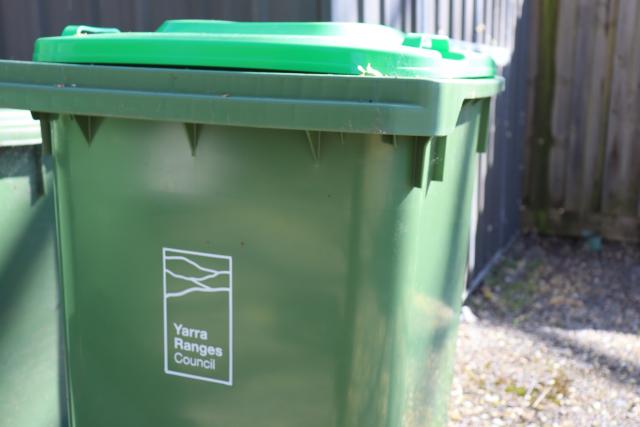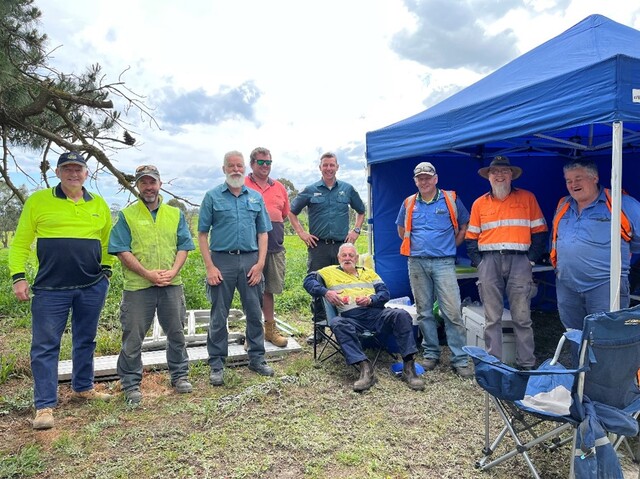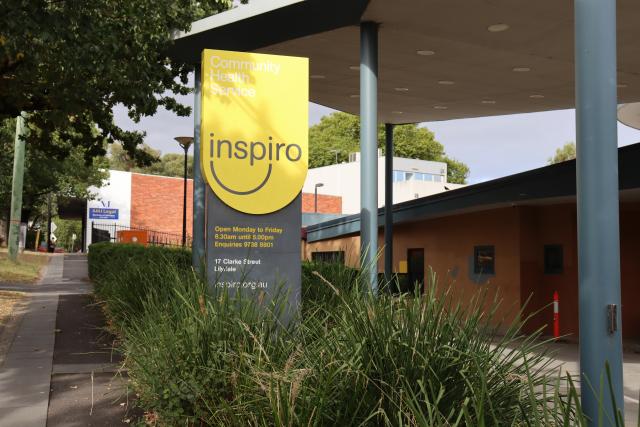With six months passing since the introduction of food organics and garden organics (FOGO) bins in the Yarra Ranges, a mid-year review proved its effectiveness but highlighted core concerns for further advocacy.
From the transition period in January and February to June, Yarra Ranges Council collated data and feedback from the community to understand the challenges, opportunities and outcomes of the FOGO service.
It revealed a positive environmental impact, showing a 73 per cent diversion rate of waste going to landfill, which sits just below the council’s 2025 target.
An additional 9037 tonnes of organic waste material was collected, with a reduction of general waste materials equating to 6248 tonnes.
But it also returned a saturated request for weekly waste collections or larger bins particularly for households with young children or with more than five people residing in the home.
Further feedback related to a possible opt-out option for residents who already have a system in place to compost or manage food and garden organics within their properties.
This led to the council’s recommendations to explore options of bin sizes or collection changes within the contract, investigate solutions for multi-unit developments with reduced space and hold consideration for an opt-out clause until the finalisation of state service standards for municipalities.
In total the council’s officers put forward seven recommendations, including an extension of the reusable nappy workshops, an endorsement to defer the glass collection service until July 2026 and advocacy for better managing soft plastics.
At the council meeting on Tuesday 9 July the seven recommendations were accepted, with councillors Fiona McAllister and Tim Heenan putting forward additional wording.
The alternate motion Cr McAllister put forward asked “to undertake further consultation with non residential properties to work to resolve current waste service challenges they are experiencing”.
Cr McAllister said while the report outlined some of the challenges, particularly for small business owners who had also been reduced to a fortnightly waste collection,
“I think it needs to be specifically referenced in our recommendation to acknowledge that we are continuing to find ways to resolve those issues,” she said.
For Cr Heenan the wording of “as soon as possible” was added to the second recommendation regarding contract discussions and bin size outcomes to pass on that advice to the community when it was finalised.
“There may be members of the community out there that want another bin. We do have to work that through with our contractors to make sure we can come up with a new solution. Hopefully not at a substantially inflated cost,” he said.
“I just want to see that done as soon as possible.”
Addressing the report and the motion as its mover, Cr Johanna Skelton said with many of the major concerns relating to frequency of collection and bin size, she felt the council’s approach “[captures] the main issues”.
“I feel like the option to increase the bins size strikes a good balance between us addressing that concern for overfill bins and not incurring extra costs…for all the community members to pay for this service,” she said.
“So I feel like that, hopefully, will nail a major concern around just not having enough bin space while still providing the incentive to reduce landfill which we know we need to do to meet legislation and for ethical reasons.”
Cr Skelton did reiterate “we’re [not] going to change it immediately” with discussions still needing to be had “about what costs may be incurred”.
Adding to this, Cr Richard Higgins said given the State Government’s household waste service standard was open for public consultation, it would be remiss of the council to proceed concretely.
“It would be irresponsible of us to actually lock in a lot of the things we’re considering until we actually get that feedback from the State Government or their words of wisdom on which direction we should go,” he said.
“I think we should be a little bit hesitant to say anything in concrete.”
Addressing the deferral of glass collection, Cr Skelton said it seemed like the most appropriate action until contributing factors like the container deposit scheme could be fully assessed.
Cr Skelton closed out the discussion by congratulating the community on its uptake and success so far with the FOGO system.
The motion was passed unanimously.







